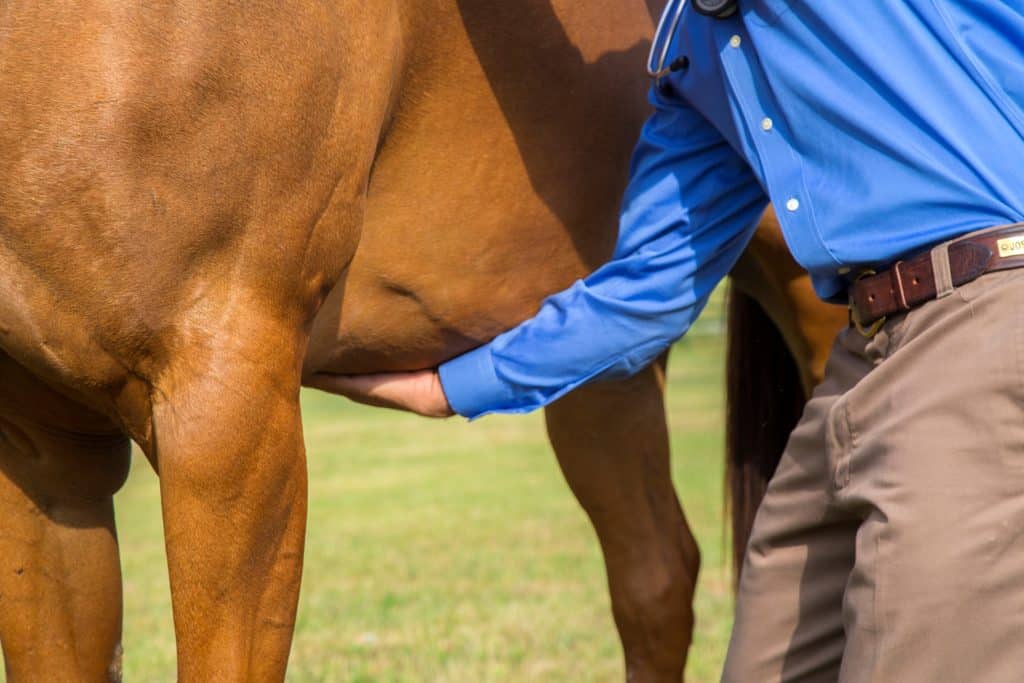
Prepurchase Exams Can Reveal Cardiac Problems
Learn about the cardiac abnormality one veterinarian identified during a prepurchase exam and if it was a deal breaker.

Learn about the cardiac abnormality one veterinarian identified during a prepurchase exam and if it was a deal breaker.

Horses don’t pass or fail prepurchase exams. Instead, the exam is intended to give you a snapshot of the horse’s overall health and provide information so you can make a sound buying decision about whether the horse is suitable for your needs.

Before you sign the papers for your new horse, have your veterinarian look the horse in the eye.

The goal for sport horses, from prepurchase exams through their careers, is to extend the time to retirement.

While not all eye anomalies are detrimental to vision, others can cause sale talks to cease.
Important factors to consider when buying a horse include use, conformation, temperament, health, and history.
The main topic discussed was the importance of open communication between the veterinarian and the purchaser.
The revised PPE certificate and new guidelines describe how the five-step exam should be carried out.
Before welcoming a new horse home, it is important to investigate the quality and health of that animal.

A prepurchase examination or “vet check” of a potential horse purchase can identify any physical problems.

For more than 150 years veterinarians have been performing prepurchase exams, also referred to as vetting, purchase exams, and soundness exams. Two veterinarians discussed purchase exams in general and specifically for Western performance horses at the 2009 American Association of Equine Practitioners Convention.
The American Association of Equine Practitioners’ Public Auction Task Force has developed recommendations regarding the use of radiographic reports as part of the prepurchase
The airways of many breeds of horses, particularly Thoroughbreds, are evaluated via an endoscope and graded before sale. The intent is to identify horses whose airways might have problems that could limit the horses’ performance at maximal
It might be just one horsepower, but before riding off into the sunset on that new horse you’ve just purchased, make sure you know what you are getting.
Michael Martin, DVM, equine field service clinician at Texas A&M University’s
The decision to buy a horse is a big one, and like all major decisions, it should be made with a great deal of thought, consideration, and planning.
Understanding what to expect from the exam and getting an upfront idea of what tests you might be willing to spring for—and under what circumstances—will prepare you for the veterinarian’s visit and help you make the right choices for your needs, your pocketbook, and your dreams.
Stay on top of the most recent Horse Health news with
"*" indicates required fields